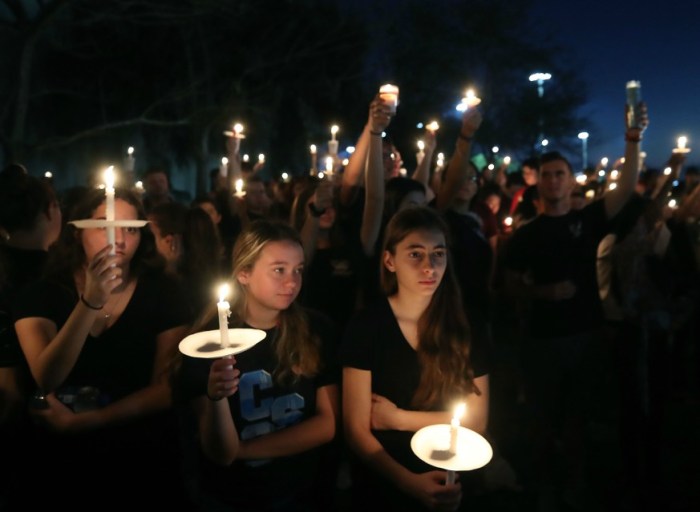Every January we renew our vows to take better care of ourselves. We’re hitting the gym six days a week! No more dairy or sugar, ever! And those 90 pounds we’ve been trying to shed since we were 14? No more. It’s really gonna happen in 2017. All we need to do is put down that fork… If only it were that simple. For many of the one-third of Americans who are obese (two-thirds are overweight), long, frustrating battles with their weight lead them to the operating room. Bariatric, or weight loss surgery includes, among other procedures, gastric bypass, which divides the stomach into a small and large pouch and reroutes the small intestine; and vertical sleeve gastrectomy, in which about 80 percent of the stomach is removed. We took a deep dive with Dr. Paul A. Thodiyil, a bariatric surgeon and assistant professor at Mount Sinai Health System, where the weight loss surgery program was recently accredited as a center of excellence by the American College of Surgeons. A common misconception is that weight loss surgery is “the easy way out” of losing weight. What do you say to that?
It reflects a poor understanding. The reality is the person who suffers from obesity really suffers a great deal, not only through the consequences of obesity, which are a lot; but also because very often they have very little control over their eating. The underlying problem, which we don’t have a full handle on, is that appetite regulation is disordered. As a consequence, they are unable to manage how many calories they take in. Who should consider bariatric surgery?
Anyone who is 60 pounds or more above their regular weight. They’ve tried [dieting] for some period of time, and it hasn’t worked. A lot of these patients could do much, much better if they got in earlier. Having said that, it’s very important to actually know that persisting with the same diet and exercise that hasn’t worked five, 10 times before is not going to suddenly work. Right. That it’s not personal weakness or a character flaw.
Unfortunately, the vast majority of folks who struggle with their weight live surrounded by people who are constantly telling them, family included, that it’s all about willpower, when it’s not. What other criteria must you meet?
We need to make sure they don’t have an underlying thyroid disease. All patients will have some sort of psychological evaluation, because we do know that psychological and mental health issues are far more common in this population. It’s important that it’s well taken care of. It’s important also to make sure the patient is likely to be compliant with post-op followup and guidelines. Who wouldn’t you operate on?
A patient who is an active user of cocaine and other substances. Then you have this whole category of patients who may have prohibitive medical conditions: perhaps severe congestive heart failure, or severe emphysema. In those patients, you have to take a very, very careful and measured risk. If you manage your risks carefully, you could still make those patients an awful lot better. What are the risks of the actual surgery?
The specific risks about bariatric surgery, the most common cause of death, which fortunately is quite rare is blood clots to the lungs. We go to great lengths to make sure that the patient is appropriately prepared for surgery. The second most common cause of death after bariatric surgery is actually leaks. Any procedure where you’re cutting off and joining pipes carries a small risk of what I call leaks from those joins. Fortunately, the leaks are very, very uncommon.
Ask Mount Sinai: Bariatric Surgery

istock


















